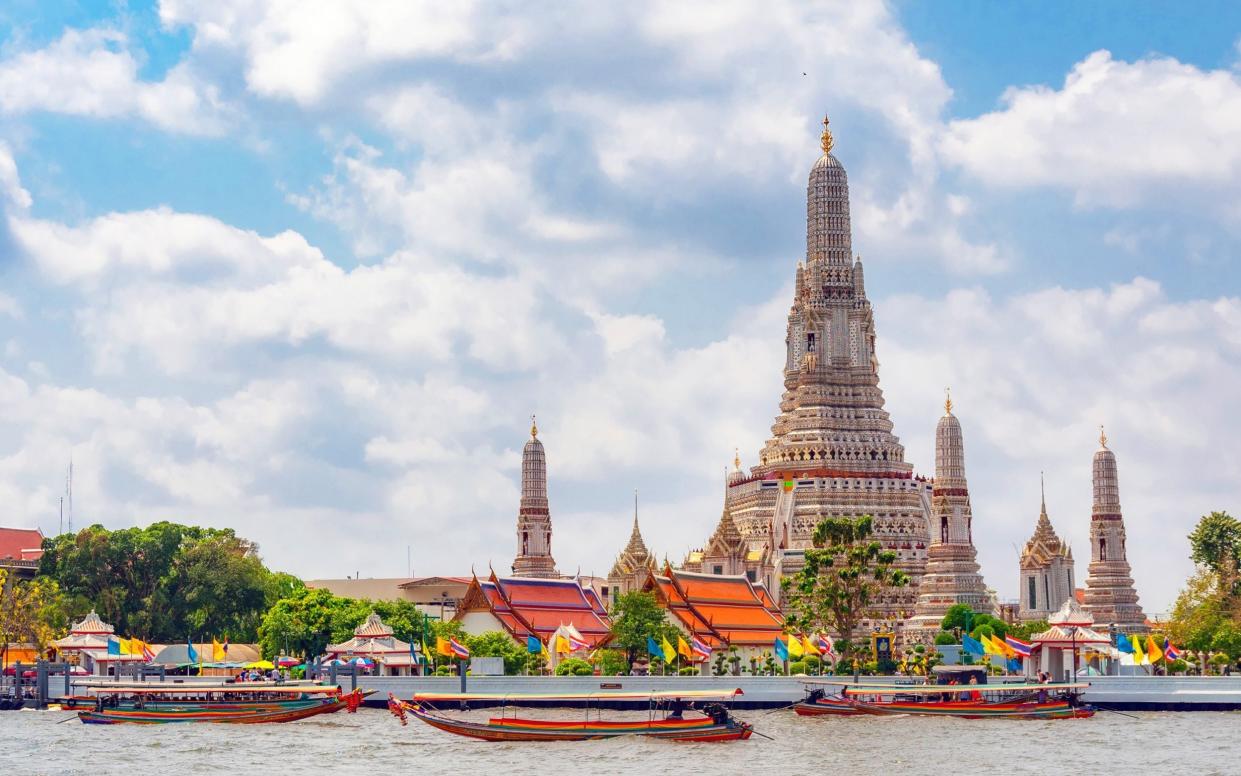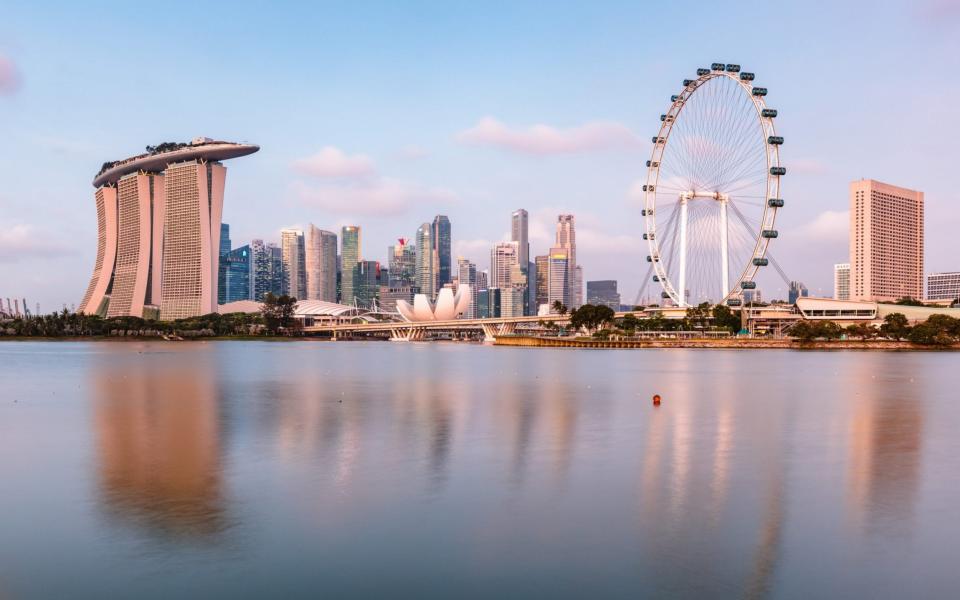Thailand removed from the red list: latest Covid rules and travel advice for south-east Asia

Thailand has been removed from the red list in the latest Government update, which saw the category slashed from 54 to just seven countries.
The new rules come into effect at 4am on Monday, October 11. Until then travellers arriving in Britain from red list destinations are subject to a mandatory 10-day hotel quarantine
Myanmar and Indonesia were also removed from the list, meaning no countries in south-east Asia are now subject to hotel quarantine restrictions – but does that mean the outlook for holidays is rosy? Unfortunately not, for the most part.
All Asian nations currently have their own strict travel restrictions in place. Some impose outright bans on holidaymakers, while others have adopted mandatory quarantine schemes so draconian (Vietnam even requires domestic travellers to quarantine for two weeks) that their borders are closed in all-but name.
However, Thailand's 'sandbox' scheme mean holidays there are now possible if you are willing to jump through a few hoops.
Here, we delve into the details of several popular south-east Asia holiday destinations – and find out, when might holidays be back on the cards?
Can I travel to Thailand?
Yes, it is now possible to visit Thailand if you adhere to certain restrictions and submit to multiple Covid tests.
Since July, Thailand's successful 'sandbox' scheme has allowed fully vaccinated foreign tourists to visit its largest island, Phuket, without the need for quarantine. Holidaymakers are required to take two PCR tests during their stay, but after seven days are free to travel on to other parts of Thailand.
The list of Sandbox destinations has recently been expanded to include Surat Thani (Ko Samui, Ko Pha-ngan, and Ko Tao), Phang-Nga (Khao Lak and Ko Yao), and Krabi (Ko Phi Phi, Ko Ngai and Railay Beach).
All visitors to Thailand must secure an entry visa, and should also download the government-approved tracking app for use throughout their stay.
Can I travel to Singapore?
Singapore has taken tentative steps to reopening, but sadly not to UK holidaymakers. Tourists from Brunei, Germany, Hong Kong, Macao, mainland China and Taiwan are now allowed to visit.
In theory, it is possible for residents in other countries to visit, but they must obtain permission from the Singaporean government prior to travelling.
Even if permission is forthcoming, the process is hardly hassle-free. All visitors must submit an online health declaration before arrival, and show proof of a negative PCR test taken within 72 hours prior to departure. They must also have health insurance of at least S$30,000 (£16,200).
After entering the country, travellers arriving from the UK must enter a government-designated quarantine hotel for 14 days, at a cost of S$2,000 (£1,080) per person. Additional PCR tests must be taken on the day of arrival, on the 14th day of quarantine and on the final (21st) day.

Can I travel to Vietnam?
Vietnam has suspended entry visas for all foreign nationals, except for certain workers and a small number of diplomats on official business. Land borders are closed, and flight transits are prohibited.
Fully vaccinated arrivals must quarantine for 14 days in government-approved facilities, hotels or hospital – though the UK Government warns that 'most [quarantine centres] do not meet Public Health England standards'.
Holidays remain strictly off-limits – but hopefully not for too much longer. A sandbox scheme which would open up the island of Phu Quoc is slated to start in November.

Can I visit Cambodia?
Arrivals in Cambodia must stay in a quarantine hotel for 14 days. However, unlike the UK, guests can choose from a small list of hotels, which improbably includes the high-end Raffles Hotel Le Royal in Phnom Penh. Deep pockets are required as most visitors need to provide a cash deposit of US$2,000 plus proof of insurance that includes a minimum of US$50,000 for medical cover. Oddly, it is stipulated that this evidence must be printed out in colour.

